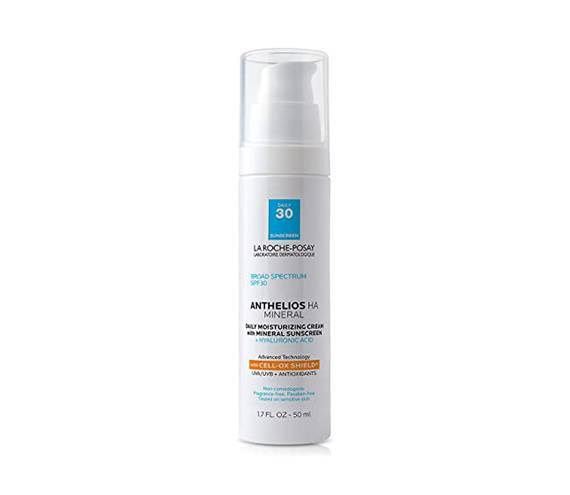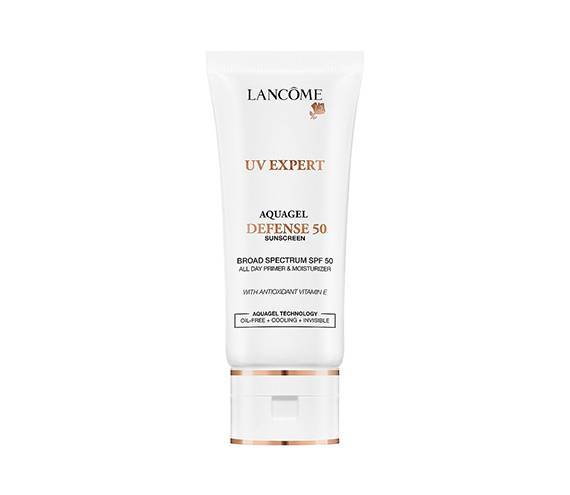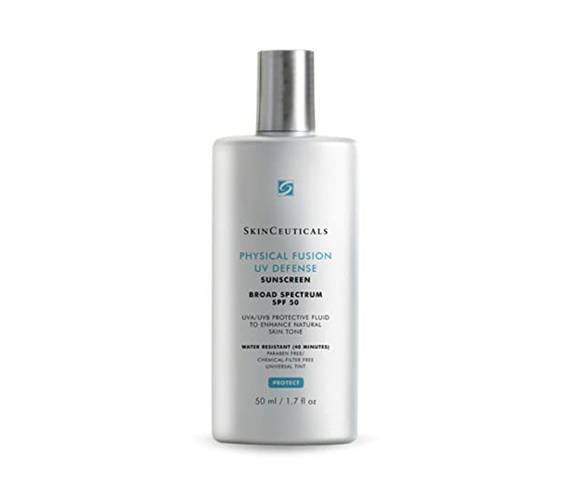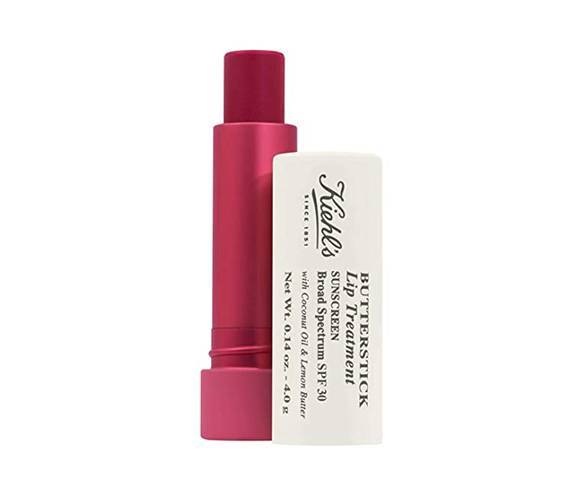Can You Reverse the Effects of Sun Damage?
March 02, 2021Whether you accidentally got a few too many sunburns as a kid or worshipped the sun as a teen, chances are your skin has been damaged by the sun. Sun damage comes in many forms — from aesthetic damage like wrinkles, fine lines and dark spots to skin cancer. And even if you’ve finally made sunscreen a daily habit, the unprotected sun exposure you got when you were younger may show up on your complexion today.
Can you reverse these signs of sun damage? To find out, we turned to Dr. Michael Kaminer, board-certified dermatologist and Skincare.com expert.
Can You Reverse Visible Sun Damage?
The answer is complicated. While you can diminish the visible appearance of sun damage — the wrinkles, the dark spots and the fine lines — a lot of damage goes beyond the skin’s surface and unfortunately, it cannot be reversed once it’s occurred. This is why starting safe sun habits early in life (and maintaining them!) is so important.
For the sun damage you can’t see, be sure to visit a dermatologist yearly for a full-body skin check. These visits ensure that any damage that occurred in your youth hasn’t developed into something more serious. When it comes to skin cancers like melanoma, early detection is key.
If you don’t already, make it a habit to wear sunscreen with a broad-spectrum SPF 15 or higher every day to help protect your skin from both UVA and UVB rays. “Sunscreens are a must and will prevent future sun damage,” Dr. Kaminer says. “If I could get one message across to somebody in their teens and 20s, it would be the liberal use of sunscreen. This is the absolute best way to prevent sun damage, there is no equal.” He also suggests other sun protection measures like wearing a hat, long sleeves and seeking shade under an umbrella when in direct sunlight.
Aside from applying sunscreen and being extra cautious, you may also want to look for skincare products developed to address the signs of premature skin aging. We love vitamin C serums like L’Oréal Paris Revitalift Derm Intensives 10% Pure Vitamin C Serum. This antioxidant-packed serum is formulated with ten percent pure vitamin C that works to brighten your complexion and helps protect your skin from environmental aggressors. In addition to applying a vitamin C serum, Dr. Kaminer suggests applying products that contain retinol and glycolic acid to reduce the appearance of surface-level sun damage on the skin.
Our Favorite Sunscreens
If you ask us, a prevention plan is always better than a treatment plan. To prevent additional sun damage from taking place, lather yourself with one of our favorite broad-spectrum sunscreen picks, ahead.
La Roche-Posay Anthelios Mineral SPF Moisturizer with Hyaluronic Acid SPF 30
In addition to providing SPF 30 sun protection, this sunscreen contains hyaluronic acid, glycerin and panthenol to help keep the skin hydrated. Be sure to reapply at least every two hours, if not sooner.

Lancôme UV Expert Aquagel Defense SPF 50 Priming Moisturizer
Who said sunscreens have to have one job? If you want to apply makeup primer, moisturizer and sunscreen all in one step, pick up a bottle of Lancôme’s UV Expert Aquagel Defense Sunscreen, Primer & Moisturizer with SPF 50.

SkinCeuticals Physical Matte UV Defense SPF 50
If you can’t stand the greasy sheen some sunscreens can leave behind, reach for the SkinCeuticals Physical Matte UV Defense SPF 50. This broad-spectrum sunscreen has an oil-absorbing base with a matte finish.

Kiehl's Butterstick Lip Treatment SPF 25
Your lips are part of your skin and are susceptible to burning, peeling and other signs of sun damage. Protect your lips with the Kiehl’s Butterstick Lip Treatment SPF 25, which is loaded with coconut oil and lemon butter.

Black Girl Sunscreen SPF 30
It’s important to remember that all skin tones are at risk in the sun. Although melanin protects against a small percentage of UV rays, darker skin tones are still susceptible to sun damage. Black Girl Sunscreen SPF 30 doesn’t leave a white cast and contains natural ingredients like avocado, jojoba and sunflower oils to nourish skin as it protects.
Photo: Chaunte Vaughn
Read More:
Yes, You Need to Wear SPF All Year — Here’s Why
5 Post-Sun Skin-Care Tips to Try
An Anti-Aging Skin-Care Routine for Beginners


